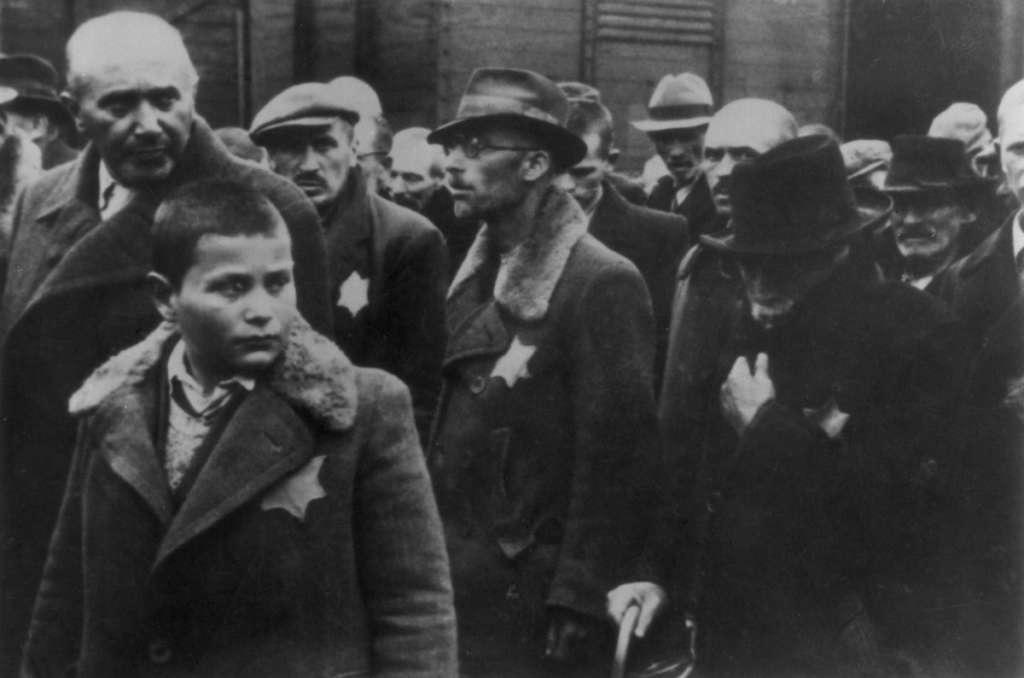London- Humanity has never witnessed a phase full of changes like the 20th century with all its miseries, wars, and failed dreams. The best philosopher to explain this century in all its bad incidents accompanied with slogans of development, modernity, and wealth, was Zygmunt Bauman (1925-2017), the Polish philosopher who passed away on Monday in Italy.
Bauman was known as the protagonist of the regular human being facing shifts and institutional complications. He was able to propose his over-complicated philosophy with a simple language so all people can understand it.
Bowman’s philosophic intellect comes from the heart of sociology. He wrote around 60 books and dozens of articles, which were spread in the West among experts and regular people interested in the hard reality they lived in; most of his writings were translated to different languages, including Arabic.
Bauman’s works represent an inclusive criticizing philosophical organism that aimed at understanding the human existence in the 20th century. The Polish Philosopher was brave to accuse the contemporary era and to criticize each and every phase of modernity describing it like the “era of big YouTubes.”
According to Bauman, all the old practices have become useless and failed in coping with the new humanitarian status in the modernity phase, which failed to create new practices to deal with the emerging circumstances.
Despite his constant criticism for modernity, Bauman always avoided frustration that dominated other writers. Yet, he provided a balanced view that was eager to eliminate confusion between reality and imagination.
His criticism approach was influenced by Marx, La Rochefoucauld, and Antonio Gramsci. He used their tools to cope with the Modern State in its bourgeois or communist face.
In his writings, he discussed the labor experience in Britain (1960), modernity, bureaucracy, rationalism, and holocaust. However, his major intellectual project emerged in the nineties after he retired from his academic work; this project known as “the liquid modernity” believed that the flabbiness of identities, the time and place, and modern communities contradict with the power of modernity, which was close to put the end of history, without providing a better understanding for a better life.
On the other hand, Bauman born from two Jewish parents, provided a critical interpretation for the holocaust regardless of historic facts. He refused to consider that this massacre committed by European countries against European citizens was because of the “Jewish matter”. He believed the holocaust was the result of the “modern state” concept, which monopolized violence, power, enforcement measures, and the ability to control life or death.
Bauman was born in a poor family in Poland. His misery drove him toward communist intellect. When Poland was invaded by Nazi Germany and by the Soviet Union, in 1939, his family escaped to Russia, where he joined the Soviet-controlled First Polish Army. He was discharged after his father approached the Israeli embassy with a view to emigrating to Israel. Then, Bauman moved to the academic perspective and studied sociology and philosophy.
After his family chose to migrate to Israel, he studied at a university there for a short period. However, he moved to Britain after he criticized Israeli practices against Palestinians.
The Polish philosopher has left our world but his intellectual project will always remain a scientific evidence for people who may seek to dismantle and understand historic shifts within the coming decades.
